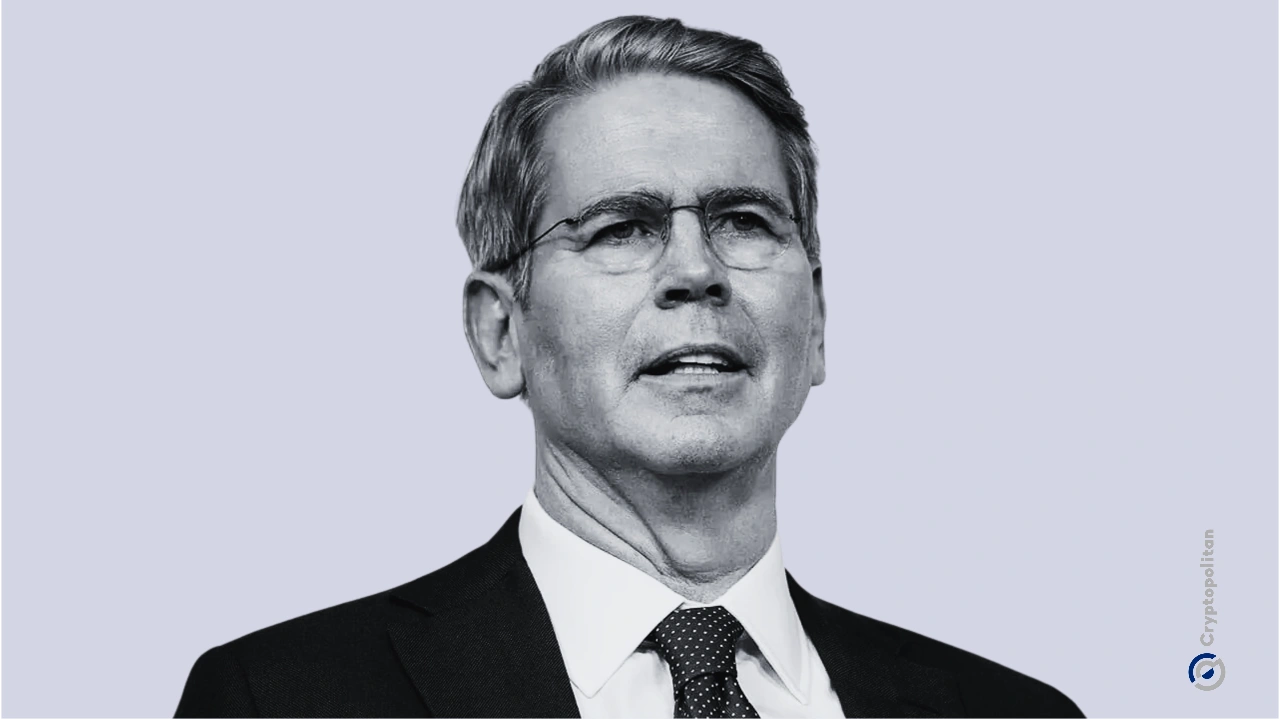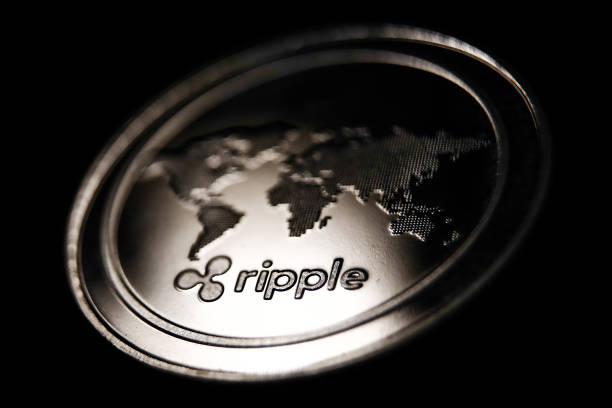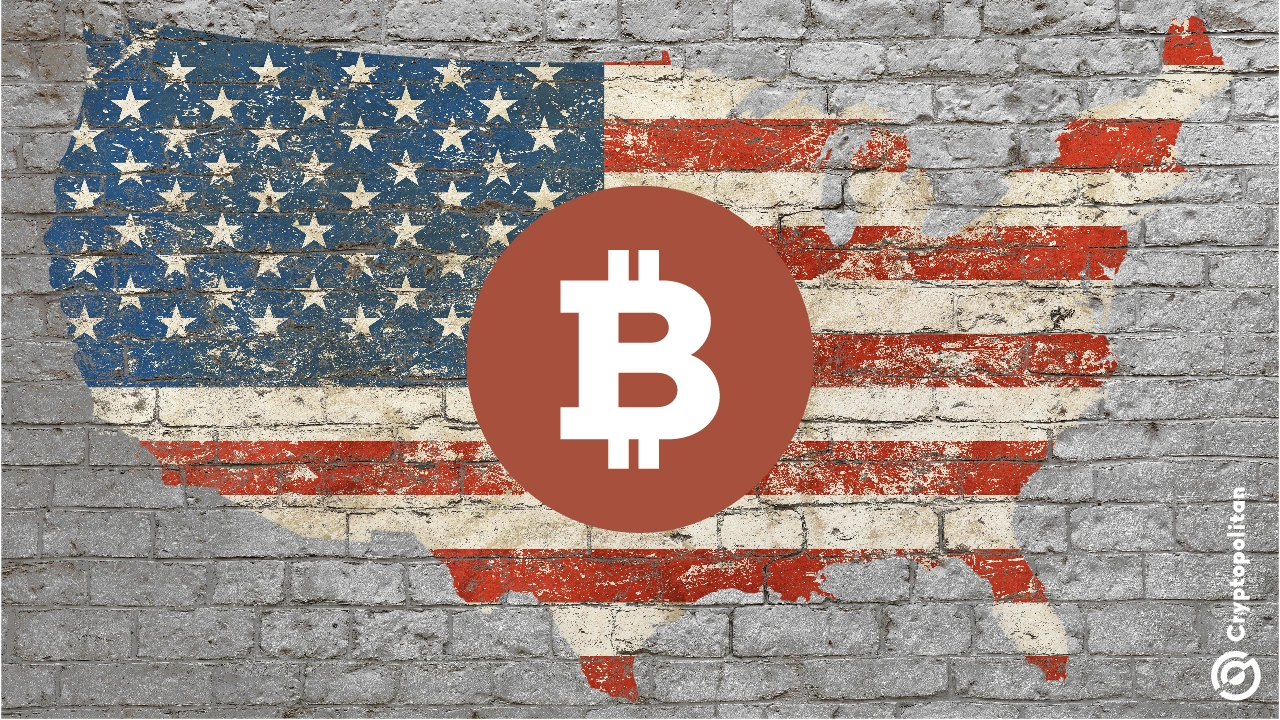Democrats in Washington told Scott Bessent to go hard on China this week as he meets their officials in Spain.
On Friday, members of the House Select Committee on China sent a letter urging Scott, along with Jamieson Greer and Howard Lutnick, to confront Beijing on what they called “structural overproduction.”
The Democrats said any future trade deal must include “binding requirements” that force China to roll back massive industrial output. The letter was obtained by Reuters.
Talks started Sunday in Madrid, with Scott and Jamieson facing a Chinese delegation led by He Lifeng. The U.S. Treasury and Commerce departments didn’t respond to the letter. But the message is clear: Democrats want this issue on the table, front and center.
Democrats call for tariffs on China’s overcapacity exports
In the letter, lawmakers blamed China’s economic model for flooding global markets. “The PRC’s historic and destructive use of structural overproduction to drive economic growth comes at an indisputable cost to U.S. industry, employment, and the stability of international markets,” they wrote. They pointed directly at steel and solar panels as the worst-hit industries.
The concern isn’t new. Former Treasury Secretary Janet Yellen made similar arguments under the Biden administration. What’s different now is that Donald Trump is back in the White House, and Democrats are trying to force this issue into Scott’s hands while he’s face-to-face with Beijing’s trade team.
The letter also warned that overproduction doesn’t just hurt the U.S. It affects allies like Japan and South Korea, who also face waves of low-cost Chinese exports. The lawmakers said Scott should work with those partners to build a global strategy. They also asked the Trump administration to apply a “more balanced” tariff approach, calling out earlier decisions that hit U.S. allies harder than Beijing.
The Trump administration has used tariffs as its main economic weapon since 2017. Some duties have been eased, but only when allies made investment pledges or agreed to mutual cuts. Democrats now want those same tools aimed directly at Beijing’s surplus problem.
Tiktok, tariffs, and pressure over Russian oil also on table
The Madrid meetings stretch from September 14 to 17. Both the Treasury and China’s Commerce Ministry confirmed the agenda includes TikTok, U.S. tariffs, and money laundering networks. Scott’s travel schedule runs from September 12 to 18, with stops in Spain and the UK.
The TikTok deadline is coming up fast. On Wednesday, ByteDance, the China-based parent company, must sell the app or face a ban in the U.S. Trump already said he’ll probably extend the deadline, keeping the fate of the app hanging in the air during this round of talks, as Cryptopolitan previously reported.
Tariffs are also in play again. Trump gave a 90-day delay last month, holding off on a return to triple-digit tariffs between the U.S. and China. That pause runs out on November 10. The current tariff setup is already steep: 30% on Chinese imports and 10% on American goods. In some sectors, like medical supplies and steel, real rates are even higher.
There’s a second pressure point. Trump is targeting China for buying Russian oil. On Friday, his team revealed a plan to push G7 countries to consider tariffs up to 100% on both China and India unless they cut off Moscow. India’s already been hit with 25% tariffs over the same issue. Trump said during a Fox News interview on Friday that his patience with Vladimir Putin is “running out fast,” and that more actions are coming — including banking sanctions and oil tariffs.
During that same interview, Trump mentioned China only once. He praised Xi Jinping’s government for its “quick trials,” but didn’t elaborate.
This round of meetings is the latest in a series of sit-downs. Previous talks happened in Geneva, London, and Stockholm. A direct meeting between Trump and Xi has been discussed by both teams. Right now, the likely venue is the Asia-Pacific Economic Cooperation summit in South Korea at the end of October.
Want your project in front of crypto’s top minds? Feature it in our next industry report, where data meets impact.











